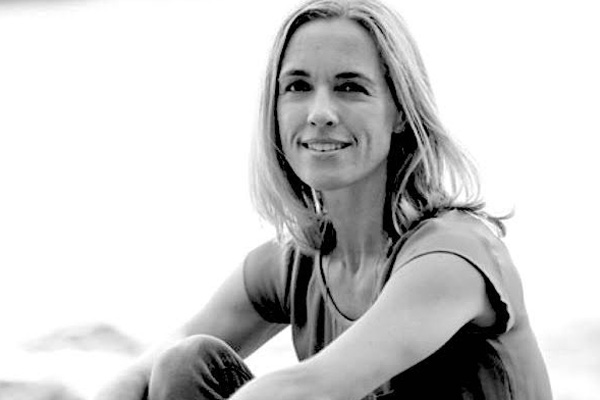BOOZY ESSAY –
April 15, 2021 – I got bored of so much drinking. One night, I looked down into my half-empty stem glass and sighed, like, “You again?” It became as monotonous as remote learning, and it wasn’t rewarding anymore. After the first few sips, I found myself chasing a feeling that had abandoned me, like trying to feel the heat of the sun after it had set. The second and third glasses just made that wonderful sunny feeling, and all feelings, more elusive. The evening slid by in a haze of sauvignon blanc and streaming TV. In the morning, I would think, “I’m worn out, maybe I’ll take a night off,” but by the late afternoon, the message was, “Almost time for my drink.”
The negative effects of my drinking were so subtle, it took years to believe they were really there: impatience with my daughter’s bedtime avoidance (reorganizing her t-shirt drawer at 9:30 p.m.); drowsiness (dozing off in her bed while she reorganized); anxiety in the middle of the night (pandemic!); and disappointment with myself the next morning. (“You don’t even want to be drinking anymore.”) The process of deciding to stop was a long argument with myself that I lost over and over again.
A person isn’t labeled an alcoholic anymore — she has an “alcohol use disorder.” It’s the substance that’s the problem, not the substance user. But maybe my problem wouldn’t be a problem for you. I do not have the problem my father had, with his weakness for scotch in the afternoons. He came from the generation of drinkers that thought if it wasn’t hard liquor, it didn’t even count. Wine and beer were what they drank after they quit real booze.



